The Delhi government directed all hospitals and health centers to mandatorily conduct rapid antigen screening of all patients with flu-like symptoms and respiratory diseases and all those with high risk.
In an order issued by the Health Department of Delhi on Sunday, the Medical Directors, Medical Superintendents and Directors of all the hospitals run by the Delhi Government have been asked to ensure that the rapid antigen screening of all those patients and people in the list is mandatory, who has come to the hospital.
It states that all people coming to the hospital with flu-like symptoms and difficulty in breathing should be screened. Apart from this, the government has released a long list of such people and patients whose investigation has been made mandatory.
This test will definitely be done for these people
- All people/patients who have symptoms like influenza-like illness (ILI) ie cough, cold, fever
All the admitted patients who have Severe Acute Respiratory Illness (SARI) ie breathlessness, pneumonia disease
- All unaccompanied patients who are admitted or seeking admission
- Patients undergoing chemotherapy
- HIV positive patients
- Transplanted patients
- Patients above 65 years who have chronic critical illness
The condition of Corona in the national capital Delhi is becoming increasingly serious. More than seventy percent of corona cases in Delhi came out after the unlock. Please tell that Delhi is currently number one in Corona affected states. So far, nearly one lakh people have been affected by corona, while more than three thousand people have lost their lives.
In order to improve the situation of Corona in Delhi, both the Center and Kejriwal Government are constantly working together. On Sunday, Home Minister Amit Shah and Defense Minister Rajnath Singh also visited the 1000 beds temporary hospital constructed by DRDO. CM Kejriwal was also present with him during this time.
What is a rapid antigen test?
Fluid samples are taken from both sides of a person's nose in this technique. It is then tested inside a small laboratory inside a mobile van located nearby. If a line occurs on the testing strip, it means negative, but cannot be considered strictly negative and requires an RT-PCR test to confirm.
If two red lines appear, it means that the person is positive, which will be considered as positive. But if no one sees a streak, then it means an inconclusive test. In this technique, the test results are achieved within 15 to 30 minutes. This technology has been developed by the Manesar-based company of South Korea.
Meanwhile, after the total coronavirus cases cross the mark of 2,500, the Uttar Pradesh government has launched aggressive testing in Noida. Separate teams of health department visited various high rise societies across Greater Noida where the residents underwent antigen tests.
The issue of aggressive testing was raised by residents after a spike in Covid-19 cases was witnessed in the city, which has become the highest in the state. The civil society groups and RWAs sought help from the administration to launch such camps.
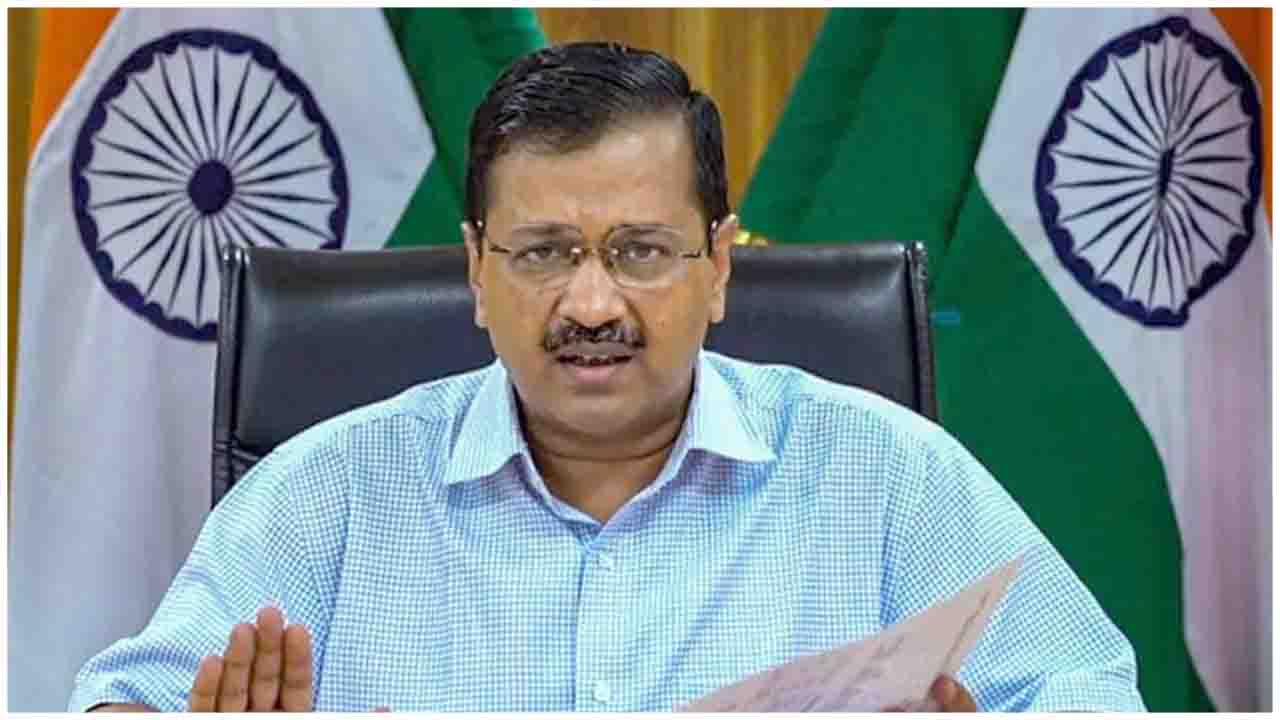
 Delhi opts for compulsory rapid antigen for everyone hospitalised or attending hospitals for various reasons while Noida goes for random testing
Delhi opts for compulsory rapid antigen for everyone hospitalised or attending hospitals for various reasons while Noida goes for random testing








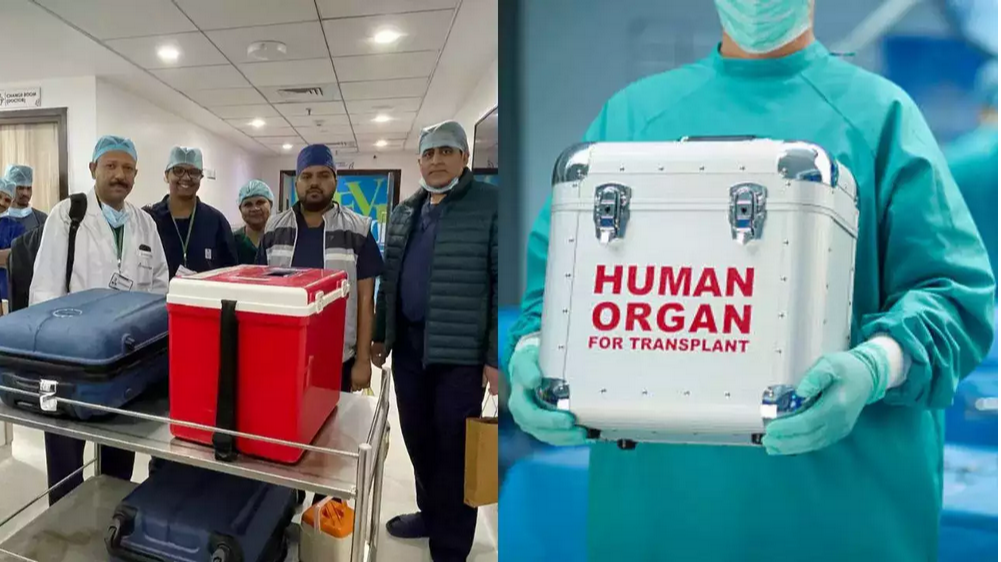
.jpg)
.jpg)

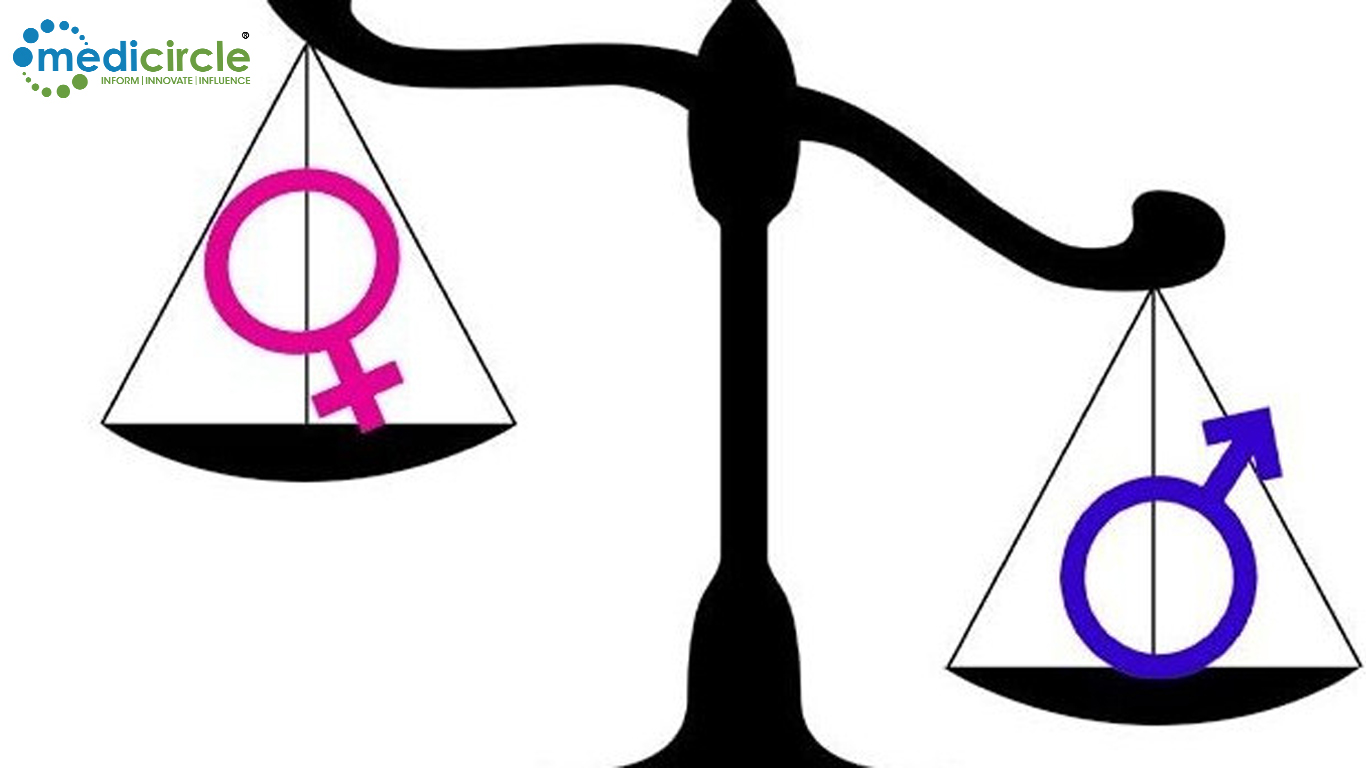
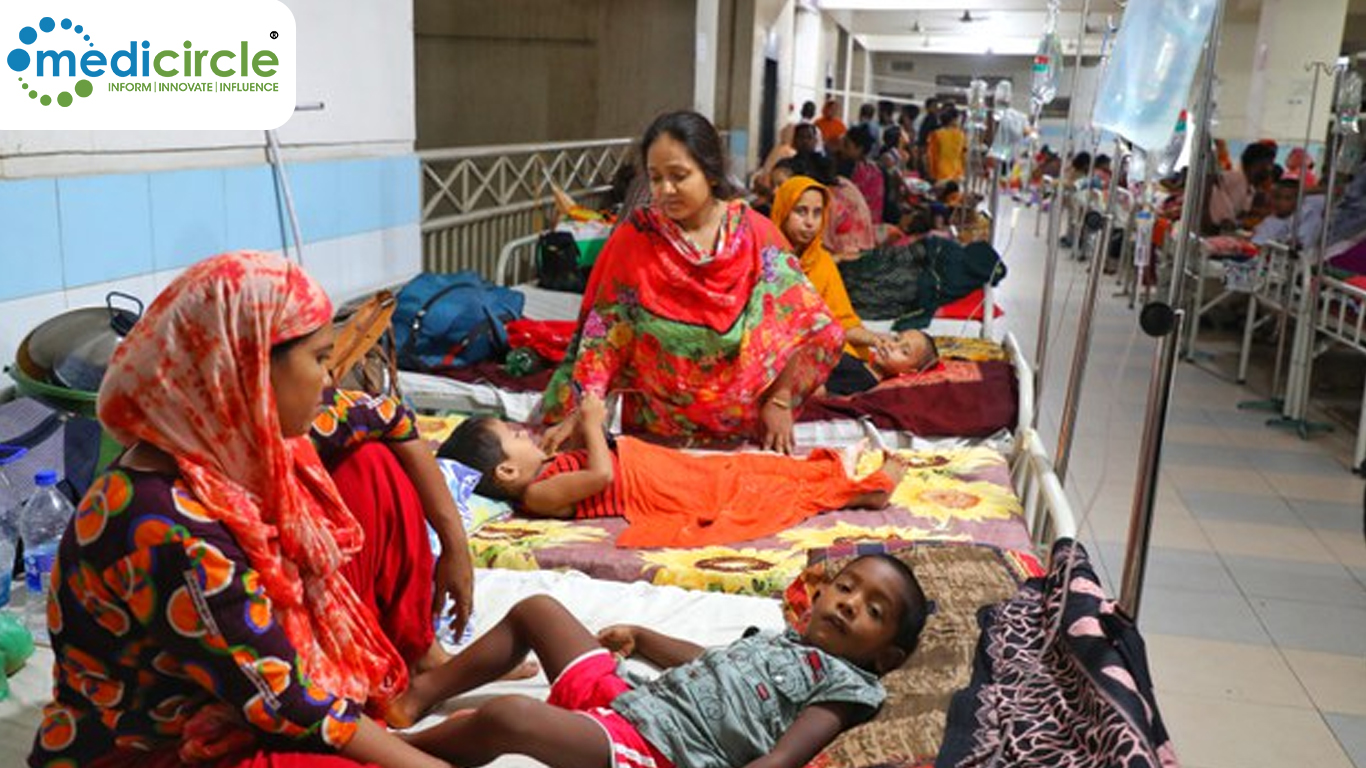
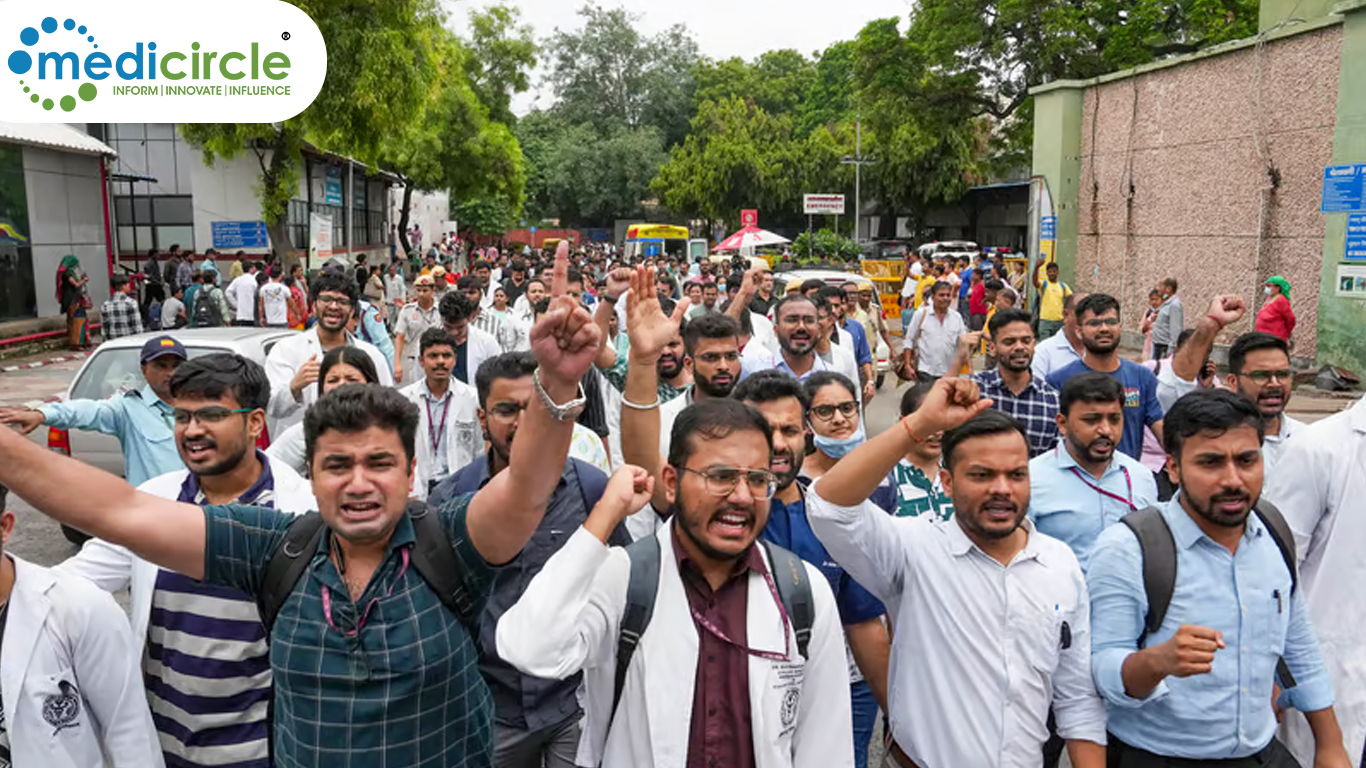





.jpeg)

.jpeg)










.jpg)




.jpg)

